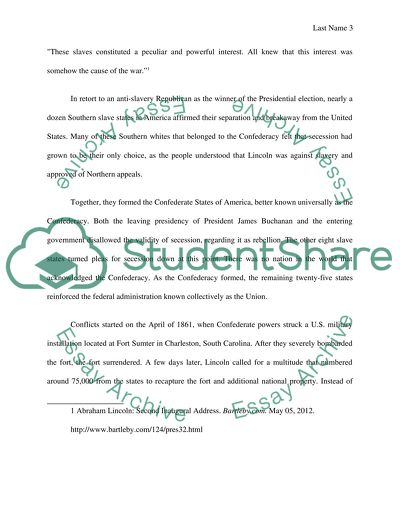Cite this document
(“Abraham Lincolns Role in the Civil War Term Paper”, n.d.)
Retrieved from https://studentshare.org/history/1450534-abraham-lincolns-role-in-the-civil-war
Retrieved from https://studentshare.org/history/1450534-abraham-lincolns-role-in-the-civil-war
(Abraham Lincolns Role in the Civil War Term Paper)
https://studentshare.org/history/1450534-abraham-lincolns-role-in-the-civil-war.
https://studentshare.org/history/1450534-abraham-lincolns-role-in-the-civil-war.
“Abraham Lincolns Role in the Civil War Term Paper”, n.d. https://studentshare.org/history/1450534-abraham-lincolns-role-in-the-civil-war.


